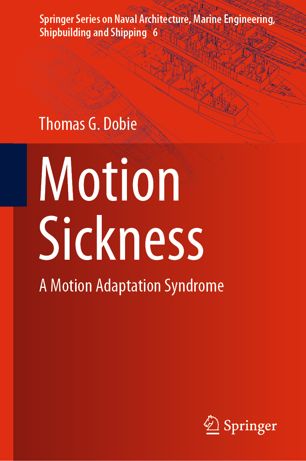

Most ebook files are in PDF format, so you can easily read them using various software such as Foxit Reader or directly on the Google Chrome browser.
Some ebook files are released by publishers in other formats such as .awz, .mobi, .epub, .fb2, etc. You may need to install specific software to read these formats on mobile/PC, such as Calibre.
Please read the tutorial at this link: https://ebookbell.com/faq
We offer FREE conversion to the popular formats you request; however, this may take some time. Therefore, right after payment, please email us, and we will try to provide the service as quickly as possible.
For some exceptional file formats or broken links (if any), please refrain from opening any disputes. Instead, email us first, and we will try to assist within a maximum of 6 hours.
EbookBell Team

4.8
74 reviewsThis book offers a survey of the state of the art in the field of motion sickness. It begins by describing the historical background and the current definition of motion sickness, then discusses the prevalence among individuals, along with the physiological and psychological concomitants of the disorder. It reviews the incidence of motion sickness in numerous provocative motion environments and discusses various personal factors that appear to influence this aspect. Various characteristics of provocative motion stimuli are also described, together with the results of studies conducted in the laboratory, on motion simulators and at sea. Laboratory tests that could potentially be used to assess an individual’s susceptibility to motion sickness and his or her ability to adapt to motion environments are presented in detail, together with the ways in which individuals might be trained to prevent motion sickness or more effectively cope with motion environments. In closing, the book reports on the cognitive-behavioral approach developed by the author (Dobie, 1963) as well as the various desensitization programs employed in military settings, and discusses the relative effectiveness of these methods in comparison to cognitive-behavioral counseling.